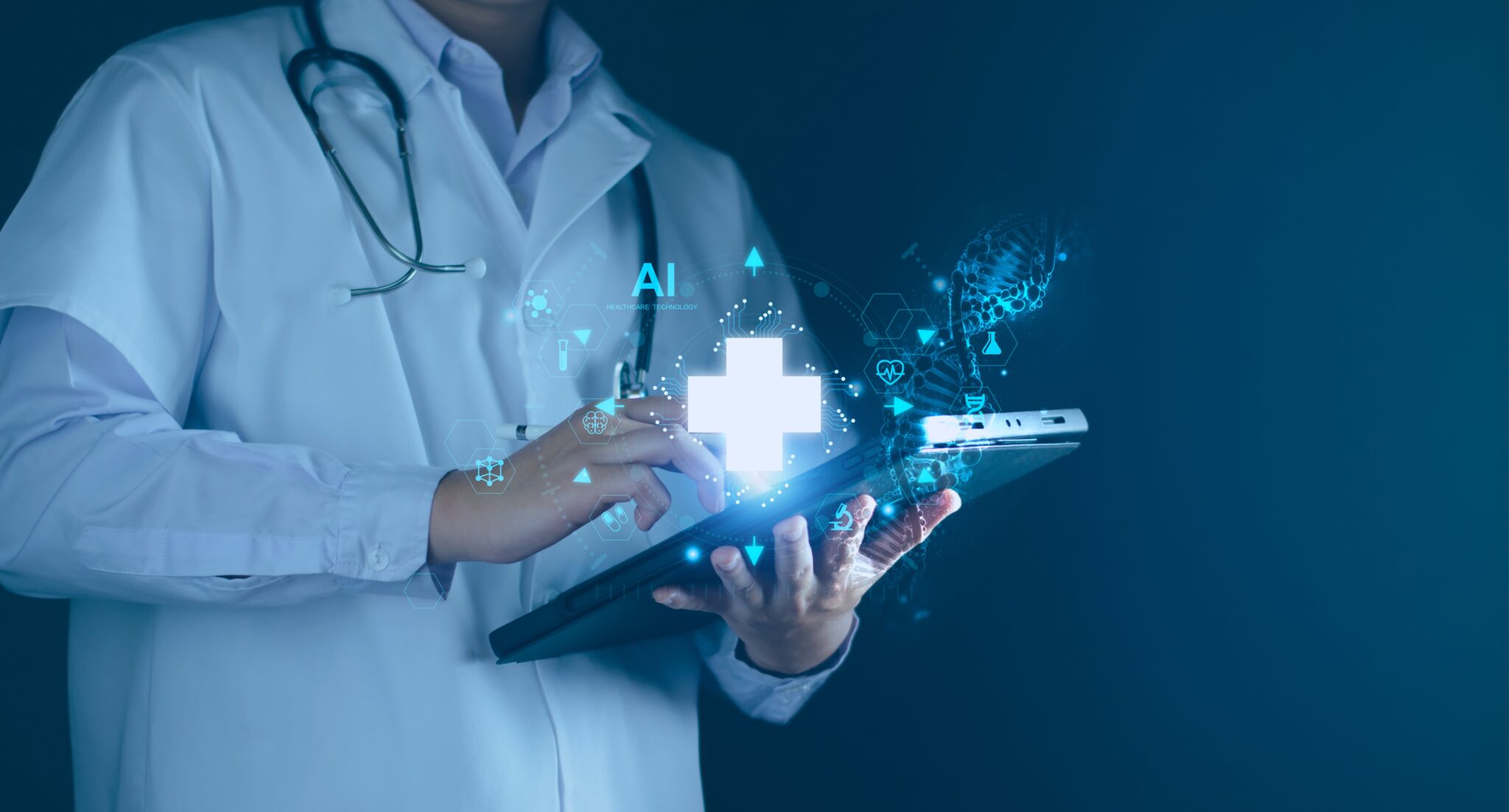What is Digital Transformation?
Digital Transformation, also known as digitization, represents the process of an organization, company, or enterprise reorganizing and restructuring itself toward a digital and data-driven framework. According to Harvard Business Review, digital transformation is ushered through five components: People, data, insights, action, and results. This transformation affects all aspects of an organization, including employee training, company culture, and data analytics. New Jersey Innovation Institute (NJII) is dedicated to fostering technological advancement for healthcare providers, as accelerating digital transformation of health technology drives interoperability and ultimately, outcomes for patients.
How Does it Apply to Healthcare?
When it comes to the experience of patients themselves, data shows that digital transformation within hospitals and facilities has a positive effect. In 2020, during the heart of the COVID-19 pandemic, Cedar conducted a survey finding that over a quarter of patients switched away from their healthcare provider due to “poor digital experience”. The same survey found that nearly half of all patients want a smoother digital healthcare experience, and 65% say they are likely to recommend a provider who offers a “great digital experience”.
Besides patient experience, outdated medical technology and lack of digitalization can also lead to security issues. According to The HIPAA Journal, healthcare data breaches have increased year-over-year since 2022, with 387 data breaches of 500 or more records in the first half of 2024 alone. With remote care becoming more common and accessible, healthcare cybersecurity has never been more important.
What is the role of NJII?
New Jersey Innovation Institute (NJII) has focused on healthcare technology for nearly a decade and can support healthcare organizations with the resources and expertise necessary to comply with state mandates that improve practice operation and patient outcomes. Our flagship, the New Jersey Health Information Network (NJHIN), manages the flow of information between health providers, facilities, state registries, patients and more and does so with a focus on efficiency and security. In fact, this year NJHIN achieved its second consecutive certification status by HITRUST for information security for its key implemented systems. HITRUST Risk-based, 2-year (r2) Certification demonstrates that the organization has met demanding regulatory compliance and industry-defined requirements and is appropriately managing risk. This achievement places NJII in an elite group of organizations worldwide that have earned this certification.
NJII wants to assist your hospital or facility with everything it needs for an effective digital transformation. Our experts will help you gain valuable data insights and achieve program milestones through data collection, processing, analysis, engineering and more. Our team has extensive experience in applying advanced analytical techniques including artificial intelligence, across various practices (pediatric, maternal health, mental health). Through these avenues, we’re able to solve complex technical problems, increase efficiency, and turn raw data into actionable insights. To learn more about how NJII is pioneering digital transformation within the New Jersey healthcare system, view our webpage.
